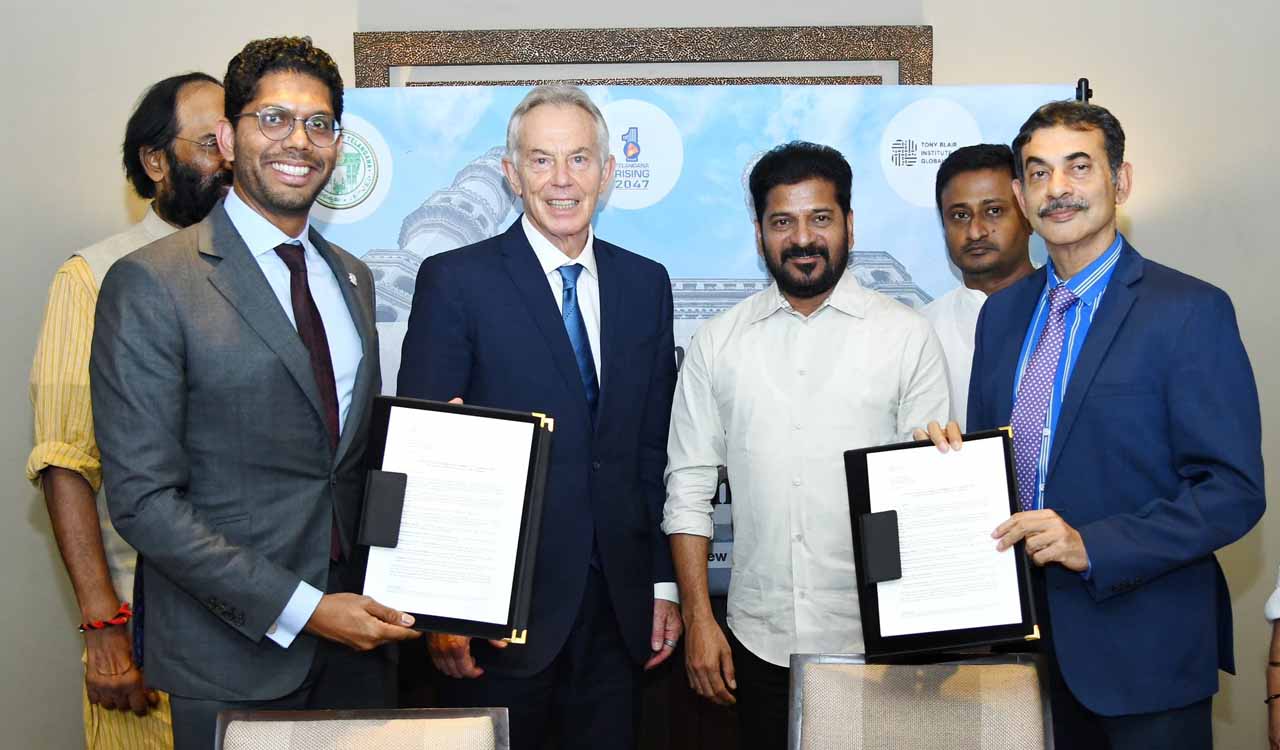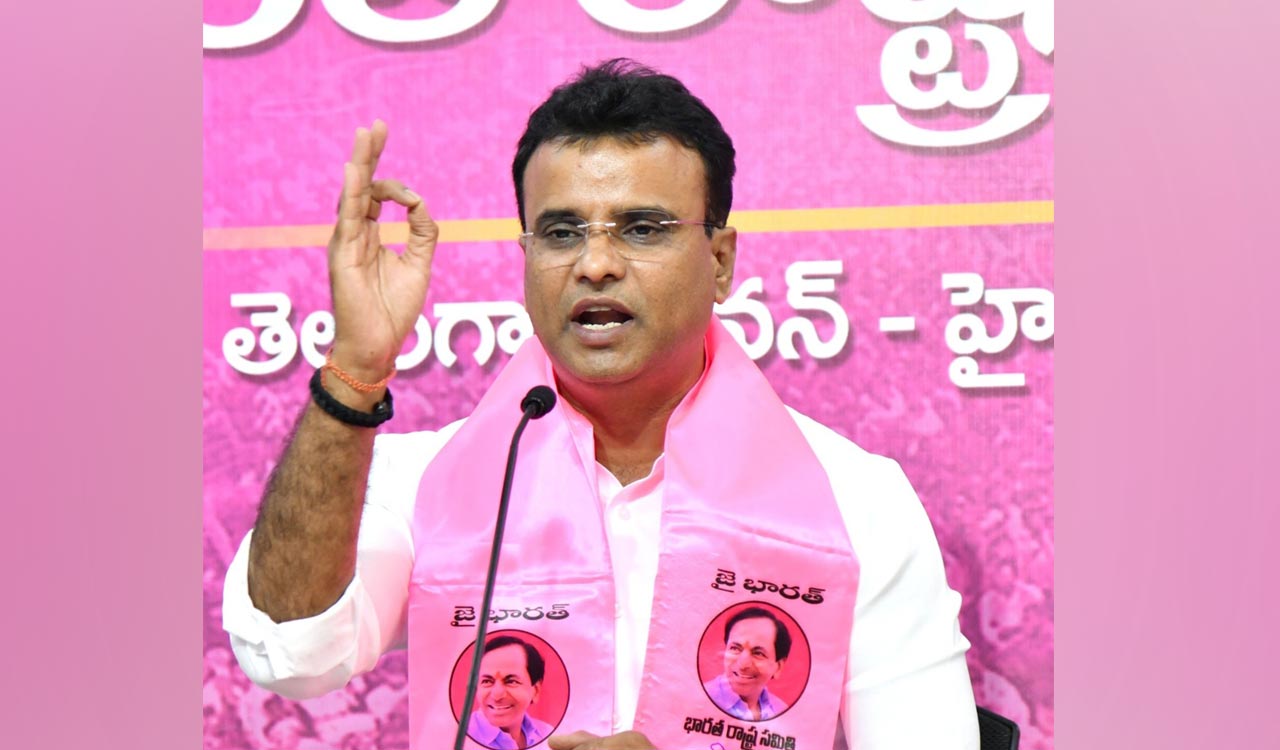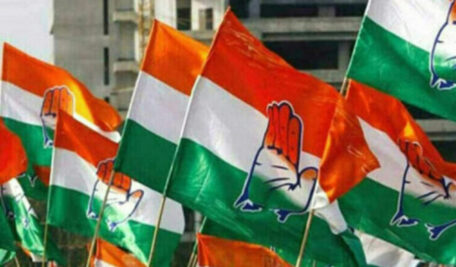Opinion: A million-dollar adviser for cash-strapped Telangana — Revanth’s Tony Blair gamble
Revanth Reddy must explain not just how the partnership with Tony Blair Institute for Global Change benefits Telangana, but also why a financially struggling State needs to outsource governance to London

By Dr Krishank
The recent signing of a Memorandum of Understanding (MoU) between the Telangana government, led by Chief Minister Revanth Reddy, and the Tony Blair Institute for Global Change (TBIGC) has sparked controversy. The institute, headed by former British Prime Minister Tony Blair, is known for offering strategic advisory services to governments across the world.
Also Read
However, the collaboration raises eyebrows due to TBIGC’s financial record — reportedly generating USD 121 million through its advisory operations. This prompts many to question whether such an expensive partnership is appropriate for a State currently facing financial distress as claimed by the Congress government.
Puzzling Pact
Chief Minister Revanth Reddy has cited Telangana’s financial distress in various public meetings. That no one believes him and the party high command in Delhi refuses to give him appointments is another matter.
What is more puzzling is that, despite the “bankrupt” condition of the State, his government has gone ahead and signed the MoU with an international adviser known for charging exorbitant fees. One wonders how a ‘cash-strapped’ State can afford to engage with such a high-profile institution.
Meanwhile, the Revanth Reddy government has been on a price-hiking spree: the cost of sand has risen from Rs 1,200 per tonne during the BRS regime to now Rs 2,000. Alcohol prices, Metro Rail and bus pass fares have also increased. Yet, the Congress government continues to delay the implementation of 6 Guarantees, Declarations and 420 promises.
The choice of TBIGC also revives concerns about the Revanth Reddy government’s pattern of signing MoUs with companies or institutions whose credibility and impact remain questionable. In the past, several agreements were made with little to no follow-up or transparent outcomes, raising suspicions about whether these deals serve political optics more than actual policy goals.
From Godi India Pvt Ltd to Revanth’s brother Anumula Jagdeesh-owned company Swachh Bio, to Walsh Karra and URSA Cluster — allegedly fraudulent companies —, Revanth Reddy has publicised them as multi-crore investment successes. The MoU with TBIGC risks becoming yet another such example, especially if measurable development outcomes are not demonstrated in the near term.
Blair’s Baggage
Further complicating the issue is Tony Blair’s controversial global image. His involvement in contentious foreign policy matters, particularly his stance on Iran, is well documented. Given India’s longstanding diplomatic ties and friendly relations with Iran, the Telangana government’s association with a figure who has historically supported aggressive postures towards Iran could send mixed diplomatic signals, and may not align with India’s broader geopolitical interests. It is worth noting that Iran is the second-largest supplier of crude oil to India, while India is one of the largest foreign investors in Iran’s oil and gas industry.
The choice of TBIGC revives concerns about the Revanth government’s pattern of signing MoUs with companies or institutions whose credibility and impact remain questionable. In the past, several agreements were made with little to no follow-up or transparent outcomes
Moreover, the lack of transparency surrounding the MoU — its objectives, expected deliverables, and financial commitments — adds to public scepticism. Taxpayers deserve clarity on how their money is being spent, especially during a period of alleged economic hardship. Without clear benchmarks for success, such agreements can easily become symbolic gestures rather than engines of real development.
The TBIGC has been advising the Saudi Arabian government as part of the 9-million pound agreement. Blair is known to act as a middleman between global bankers and Africa, operating like a commercial management consultant. Has Revanth Reddy agreed to bear TBIGC’s huge expenses? The Congress Chief Minister has often sought aid from the World Bank without providing a clear picture of how he would spend it. Is this collaboration only to use Tony Blair to raise international loans?
Lacks Transparency
While global expertise can be valuable in shaping governance strategies, the Telangana government’s decision to partner with the Tony Blair Institute appears poorly timed and insufficiently justified. Does the Revanth government endorse Tony Blair’s controversial views against Muslims? Given the financial situation and the political baggage associated with the institute’s leadership, this move raises more questions than answers.
The Telangana government must provide greater transparency and rationale if it wishes to maintain public trust. It must also elaborate on how it plans to benefit from the TBIGC partnership. With TBIGC’s 800 staff working within several governments worldwide, is Revanth Reddy relying on a British adviser to manage the administration of the Telangana government, and at what cost?

(The author is official spokesperson of BRS)
Related News
-
GHMC launches MyCURE app for faster civic grievance redressal
1 min ago -
KCR extends Ramzan greetings on Ramzan commencement
26 mins ago -
Traffic diversions announced for Chatrapathi Shivaji Jayanthi procession in Hyderabad
26 mins ago -
Harish Rao questions Delhi review on Telangana government’s performance
33 mins ago -
ABVP protests at TG BIE over delay in issuing hall tickets
7 mins ago -
BRS workers booked under SC/ST Act after stand-off with Mynampally Rohit
48 mins ago -
Toddy tapper electrocuted in Sangareddy
53 mins ago -
Invincible US Infrastructure Eyes Rs 100-Crore Fundraise; Bets Big on Solar-Powered Data Centres
1 hour ago




